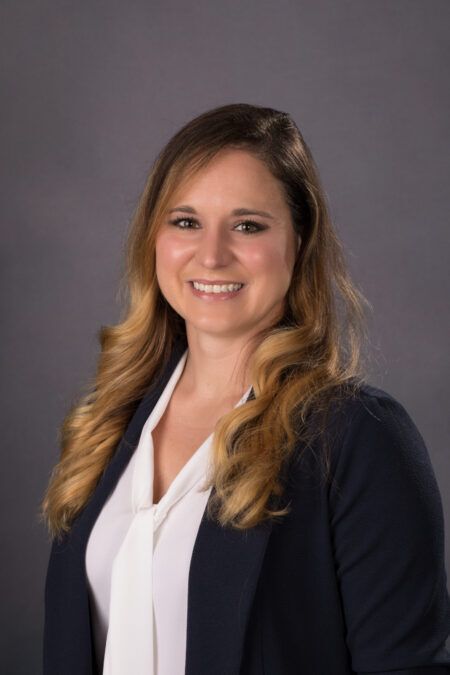
Tips for strong healthy bones
Tips for strong healthy bones
It’s a fact of aging that we lose bone density as we get older. Our bones simply don’t grow or repair themselves as quickly as they used to. In fact, nearly 10 million Americans have osteoporosis, which weakens bones and increases risk for fractures. Women are especially prone to osteoporosis during menopause because of the drop in estrogen which helps the body absorb calcium.
Gender and genetics aside, there are things you can do to manage your own risk, including diet, exercise, and other lifestyle choices.
Eat a healthy diet
Specifically, make sure your diet is rich in both calcium and vitamin D. Your body stores and uses calcium to build bone strength, and vitamin D helps your body absorb the calcium from your diet. To build those calcium stores, add calcium-rich foods to your diet like dairy products; almonds; green, leafy vegetables including broccoli and kale; salmon; sardines; and soy products.
Good sources of vitamin D include egg yolks, fortified milk, and oily fish such as tuna and sardines. Don’t forget to get out in the sunshine for a healthy dose of vitamin D.
Even with a healthy diet, it can be a good idea to add a calcium supplement to ensure you’re getting enough. This is particularly true for adolescents, postmenopausal women, and men over age 70. You may choose a calcium supplement that also contains vitamin D to maximize absorption.
Exercise for good bones
Physical activity isn’t just good for your heart; it’s also vital to maintaining strong bones. Because bones are living tissue, they build more cells and become denser when you exert force on them. That means weight-bearing exercises such as jumping, running, or jumping rope can be beneficial. Resistance training, using bands or weights, strengthens muscles and builds good bones. And flexibility exercises including stretching and yoga lead to healthier joints and fewer injuries.
Exercise is especially important for adolescents since the teen years are the time of fastest bone growth. And while physical activity won’t increase bone mass for the elderly, exercising four or five days a week still offers key benefits, including slowing bone loss and improving balance and coordination to reduce falls and potential fractures.
Put down the cigarettes and alcohol
Studies have shown that smoking and drinking are both related to poor bone health. In general, smokers have a higher risk of osteoporosis, but this may be because smokers are usually thinner, exercise less, drink more alcohol, and may have poor diets – which are all risk factors for osteoporosis.
The effects of alcohol on bone health are unclear, though it is known that alcohol can inhibit the absorption of calcium, and those who abuse alcohol have more fractures and slower bone healing. While there is no way to determine how many cigarettes or how much alcohol adversely affects bone health, there is no question that both have detrimental effects on your overall health. By stopping smoking and drinking only in moderation, you can reduce your risk of osteoporosis and improve your overall health.
Talk to your care team at DOC
Some people just don’t have good bone metabolism. Though diet and exercise can help, healthy habits won’t completely offset bad genes. Our Bone Health Specialist at DOC can evaluate your family history and other risk factors like hormonal disorders, long-term use of corticosteroid or other medications, and weight, which can all affect bone health. Rebecca Stephenson – CRNP, Certified Registered Nurse Practitioner with DOC
heads up the Bone Health Program, providing education, screening and treatment for those at high risk of bone fractures due to osteoporosis. Osteoporosis and fragility fractures, like the hip and spine, can have a negative effect on overall independence in the older population and those caring for older family members.
If you feel you are at risk and would like to be evaluated, please call our office at 256-350-0362 for an appointment.
Working with a specialized practice like DOC Orthopaedics and Sports Medicine in Decatur, you can take advantage of the expertise of our 10 providers as part of our multidisciplinary musculoskeletal practice.
Since 1972, DOC Orthopaedics and Sports Medicine has been committed to providing exceptional orthopaedic care through innovative techniques, quality services, patient communication, and education. With specialties ranging from general orthopaedics and physical therapy to sports medicine, joint replacement, and more, the doctors at DOC Orthopaedics and Sports Medicine can help you protect and improve your overall bone health.

